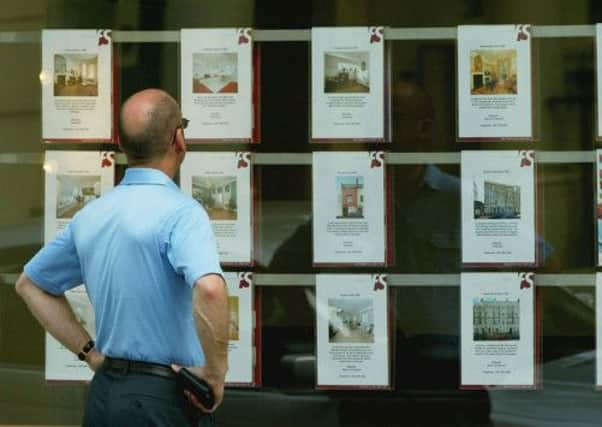Signs are good for a mini-boom in property


There is every prospect of a welcome return to a measured level of sales growth when the capital’s market re-energises itself, post-Festival, in September.
Traditionally, June has always been one of the top-selling months in the calendar – the mid-year peak before the summer break. What set this June apart from the previous five years was the number of our vendors who actually managed to achieve their asking price – 50 per cent of the total.
The price you see is the price you pay
Advertisement
Hide AdAdvertisement
Hide AdThis is a big departure from what has become almost the norm – the development of a culture whereby properties sold for “offers under” the asking price when, traditionally, the market had operated on the basis of “offers over”.
So is this a sign that residential property is moving to an environment where “the price you see is the price you pay”, to paraphrase a well-known supplier of motor vehicle parts?
Even in a depressed market, there will always be that “special property” which will attract multiple offers and provide the lucky vendor with a huge financial uplift.
However, when it comes to conventional housing, there appears to be a movement towards a more balanced regime whereby properties are priced realistically and buyers are prepared to pay the price advertised.
Sellers have at last come to realise that compromising on the sale price of their home allows them to break free of a property chain – and negotiate a favourable deal when they go to purchase their next property.
The only “losers” in such a scenario are likely to be people who have inherited the home of a deceased parent – this property probably being worth less than it was five years ago.
On the other hand, this could be discerned as a welcome sign that ordinary people are still motivated to become owner-occupiers for lifestyle rather than investment reasons – which can only be good for buyers, sellers and society as a whole.
• Scott Whigham is property manager at Blackadders in Edinburgh